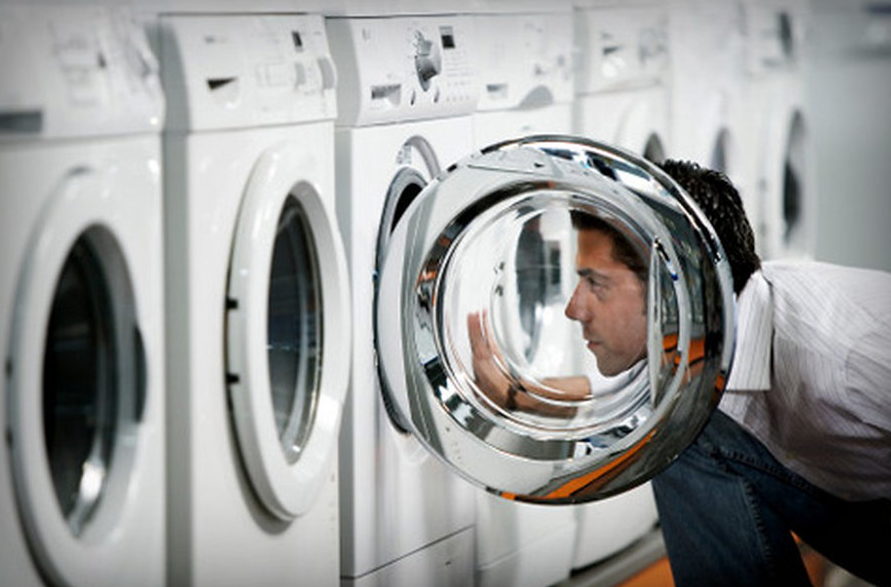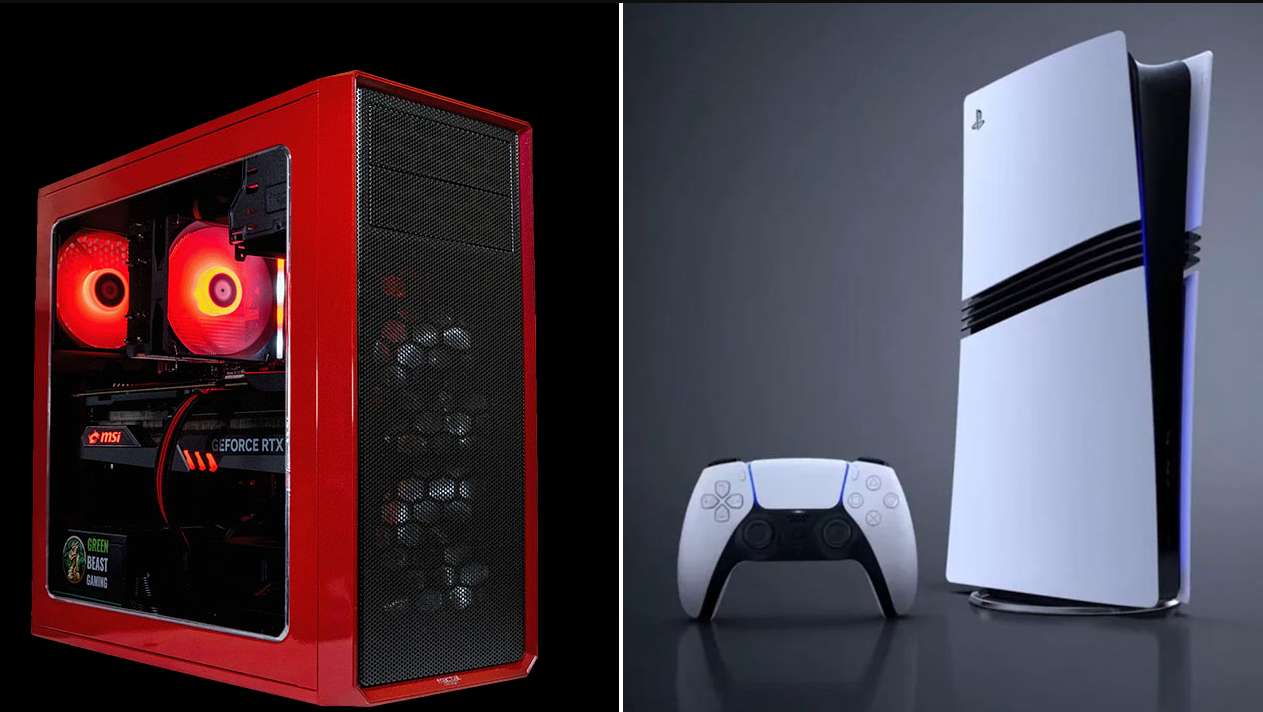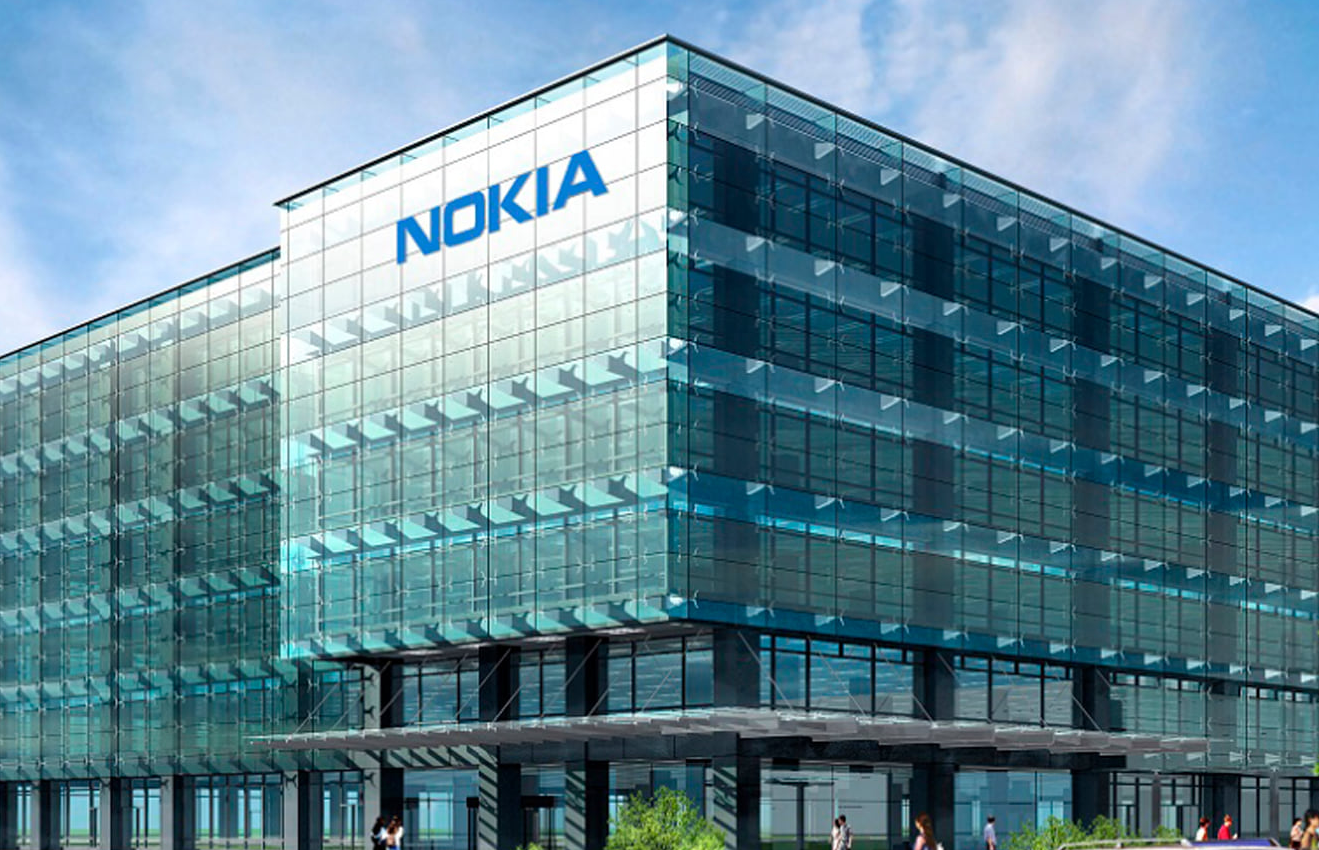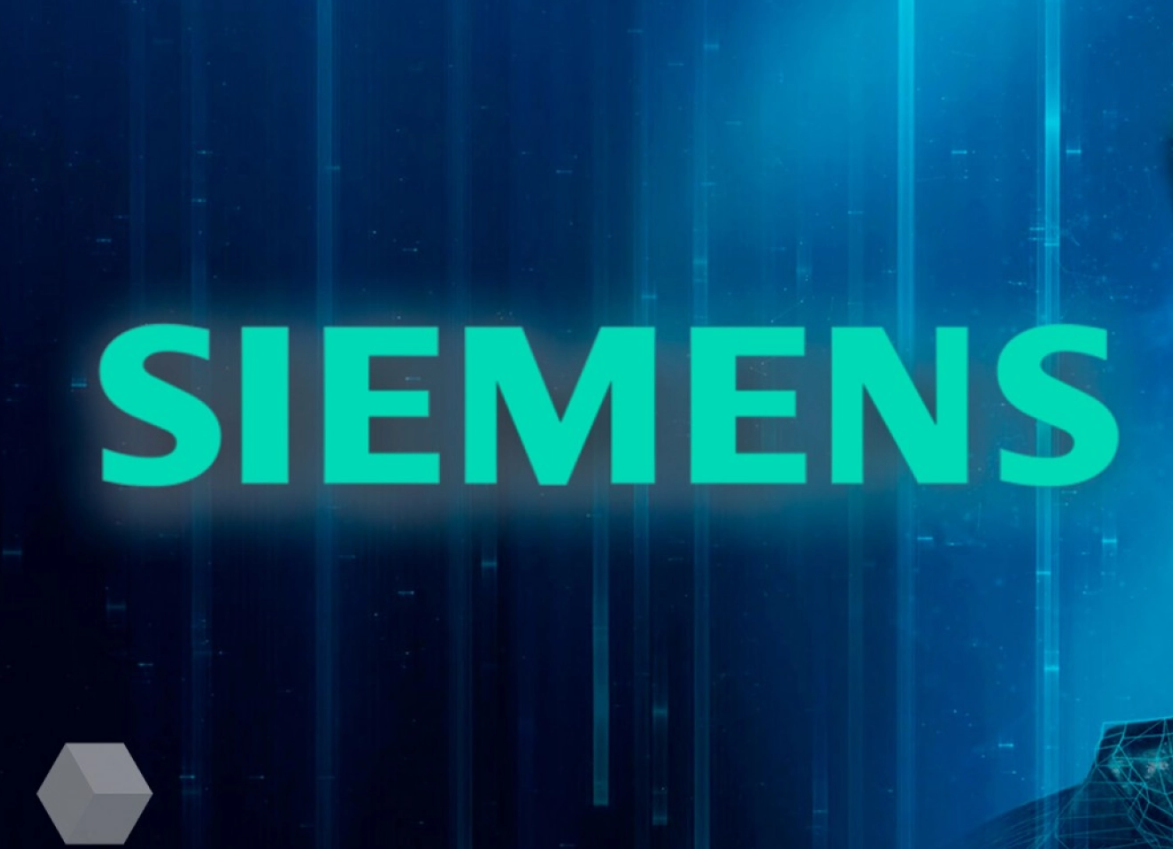More and more people are paying attention to the energy efficiency of household appliances. This helps to make significant savings on utility bills. Washing machines occupy an important place in every home, and choosing an energy efficient model can be a significant contribution to your family budget. Let’s take a look at the key aspects that will help you understand how to choose the most suitable and energy efficient washing machine. What energy class is, how it affects energy consumption, how many kW a washing machine draws, how much electricity a washing machine uses per wash, and what else you should look for when buying. With this knowledge, you can make an informed choice and enjoy all the benefits of modern energy-saving equipment.
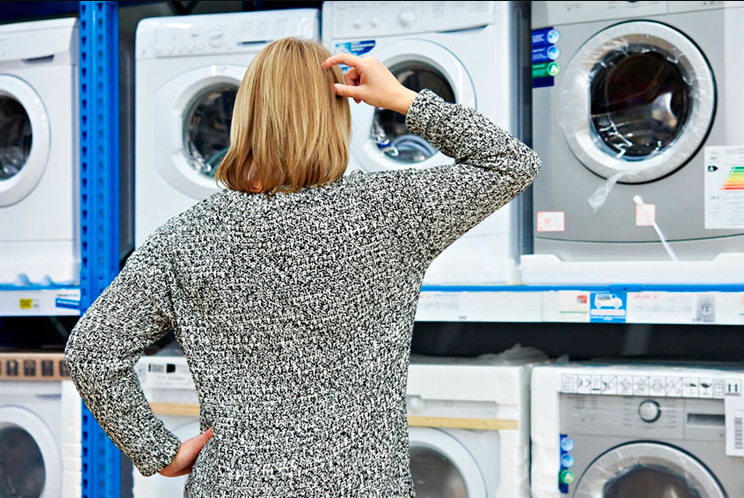
Energy class
The first thing you should pay attention to when choosing a washing machine is its energy class. This indicator is indicated on a special label, which can be found on all modern models. The energy class varies from A+++ (the highest and most energy efficient class) to D (the lowest). A+++ class machines consume significantly less electricity and water than B, C and even less than D class machines. For example, an A+++ washing machine can use 30-40% less electricity than an A class machine, which in the long run can save you significantly on your energy bills. This answers the question of how many kW a washing machine draws and shows the importance of choosing a model with a high energy class.
Load volume
The next important parameter is the load capacity of the washing machine. This parameter is stated in kilograms and reflects the maximum amount of dry laundry that can be loaded into the machine in one washing cycle. When choosing the load volume, you should take into account the size of your family and the frequency of washing. For a small family of two, a machine with a load capacity of 5-6kg is sufficient, whereas for a family of four or more it is better to choose a machine with a load capacity of 7-8kg or more. It is important to remember that a full-load machine is much more energy efficient than a low-volume machine, as the latter uses almost as much energy and water as a full-load machine. This way you can optimise the number of washes and therefore calculate how much energy your washing machine uses per wash.
Water consumption
Energy efficient washing machines not only save energy but also optimise water consumption. On average, a modern washing machine uses between 40 and 60 litres of water per wash cycle. However, models with high energy efficiency can consume much less – up to 30 litres. Pay attention to this parameter when choosing a machine. Using less water not only reduces utility bills, but also helps the environment. It also affects the overall consumption of resources. So how much does a washing machine take in kW, for each wash cycle. Typically, energy efficient machines consume between 0.5 and 2 kWh per wash cycle, and optimising water consumption is directly related to overall energy consumption.
Washing programmes
Modern washing machines are equipped with a variety of washing programmes that allow you to select the optimal parameters for different types of fabrics and degrees of soiling. Eco-modes are particularly important as they are designed to minimise energy and water consumption. These programmes usually operate at lower temperatures and take longer to complete, but they provide a quality wash with minimal resources. For example, wash modes at 30-40 degrees are ideal for most everyday fabrics and use significantly less energy compared to modes at 60-90 degrees. This gives you a better understanding of how much energy your washing machine uses per wash and how to choose the right washing programme.
Technologies and functions
Innovative technologies play a key role in improving the energy efficiency of washing machines. Modern models are equipped with inverter motors, which are characterised by high efficiency and durability. Inverter motors regulate the drum speed, which reduces energy consumption and noise levels. Automatic laundry weight detection is another important feature that helps optimise water and energy consumption based on load volume. Intelligent control systems, such as touch panels and Wi-Fi modules, allow the user to fine-tune washing parameters and control the process remotely, which also helps to save resources.
Environmental certificates
Some washing machines have additional environmental certifications to prove that they meet high standards of energy efficiency and environmental friendliness. One such certificate is Energy Star, which is only awarded to models that fulfil strict energy efficiency requirements. Another important certificate is the EU Ecolabel, which takes into account both energy efficiency and environmental aspects of production and operation. The presence of such certificates indicates that the manufacturer pays attention not only to reducing consumer costs, but also to reducing the negative impact on the environment.
Cost and savings
Energy efficient washing machines may have a higher initial cost than their less efficient counterparts. However, due to the significant savings on electricity and water consumption, these machines pay for themselves in the long run. When choosing a machine, it is important to not only consider its price, but also calculate the estimated utility savings over its lifetime. For example, an A+++ class washing machine can save up to 1,000 kWh of electricity and up to 20,000 litres of water over 10 years, which significantly reduces overall running costs. This shows how much electricity a washing machine uses and helps you make a more informed purchasing decision.
Intelligent functions
Modern washing machines are often equipped with intelligent features that make the washing process more convenient and energy efficient. Remote control via smartphone allows the user to monitor and adjust the washing parameters from anywhere, which is especially useful in case of unforeseen schedule changes. Automatic detergent dosing is another useful feature that ensures the optimum amount of detergent for each wash, which not only improves wash quality but also reduces resource consumption. The self-cleaning drum and filter systems help to keep the machine in perfect condition, preventing the build-up of dirt and bacteria, which also contributes to the longevity and energy efficiency of the machine.
Choosing an energy efficient washing machine is an important step towards reducing your utility costs and caring for the environment. The right machine will not only provide you with a quality wash, but also significant resource savings. Consider these tips to help you choose the best model for your needs and budget. A reliable and energy-efficient washing machine will be a faithful helper in your home for many years to come, providing comfort and convenience.
Make shopping for an energy efficient washing machine profitable with reBITme! Choose the best offers and activate your cashback to get the most out of your spending. Enjoy your shopping and enjoy your savings!
